Mozambique: Police uses tear gas to disperse Mondlane supporters in Maputo
Mozambique: Once rebel-held Cabo Delgado town safe but hunger persists – residents
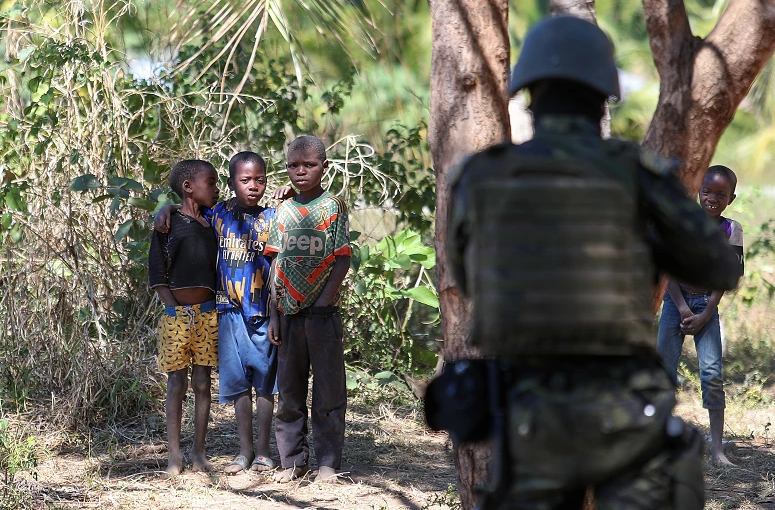
Photos: Lusa
The market brings life to the main avenue of Mocímboa da Praia, which is no longer a ghost town from which everyone has fled because of rebel attacks, some claimed by the Islamic State.
“There is security in the town, but we are hungry,” complains Assumane Inchamo, 38, who used to be a taxi driver and now runs a sun-dried fish stall.
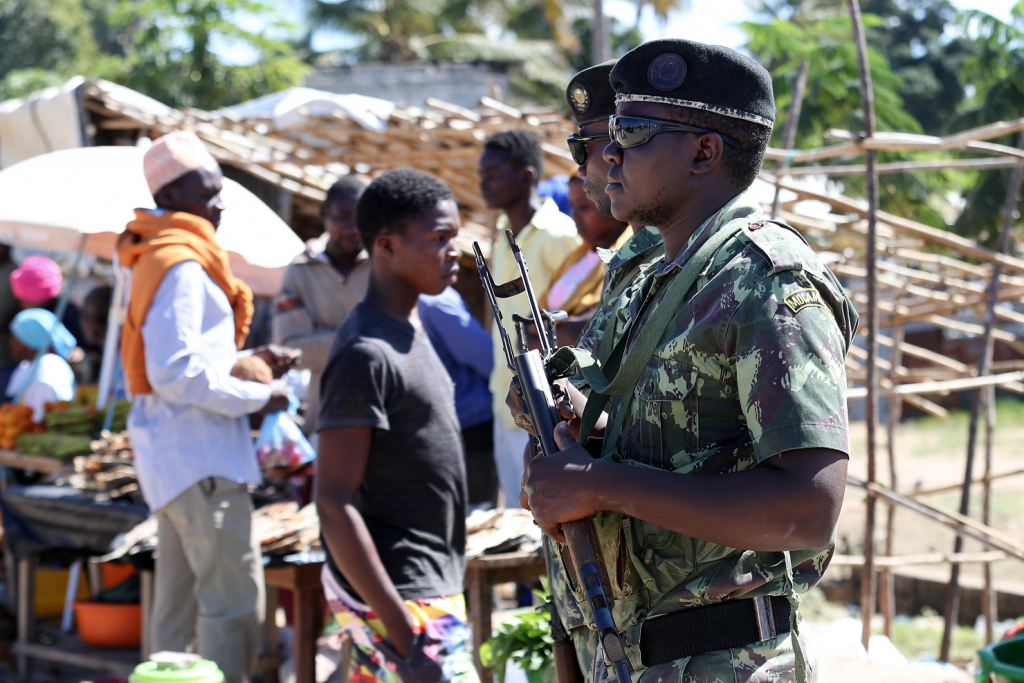
There are Makonde residents who have already gone to Mueda, on the plateau of Cabo Delgado, “to plant corn,” but what Muânis like Assumane know how to do is plant rice in the fields of Auasse, near Mocímboa de Praia.
But this area “is not yet safe”, he said.
Hunger is also the main concern of Maurício Fabião, 39, a seller of clothes and capulanas (fabrics) in the village of Mute, a few kilometres north of Mocímboa.
After the fields were abandoned when the population fled in 2021, the ‘machambas’ (vegetable gardens) have still not recovered, he laments. What’s more, rain has been scarce in the province and little food is growing.
What Maurício Fabião earns in the shop still keeps him in the village with his wife and four children. In Mocímboa, there have been people who have gone back and forth in search of business and food.
“I lost my whole family. Two ladies and two children”, says Assumane, about the wave of violence that also took away three houses and his trading ‘shack’.
“It wasn’t just me, it was a lot of people,” he says.
So why does he still stay in Mocímboa? “This is [our] home. We already sleep peacefully. We have hope,” because improvements are appearing, but slowly.
Monday’s lively visit by the Mozambican defence minister, Cristóvão Chume, would have been difficult a year ago and impossible two years ago, because the town remained occupied by rebels and almost deserted.
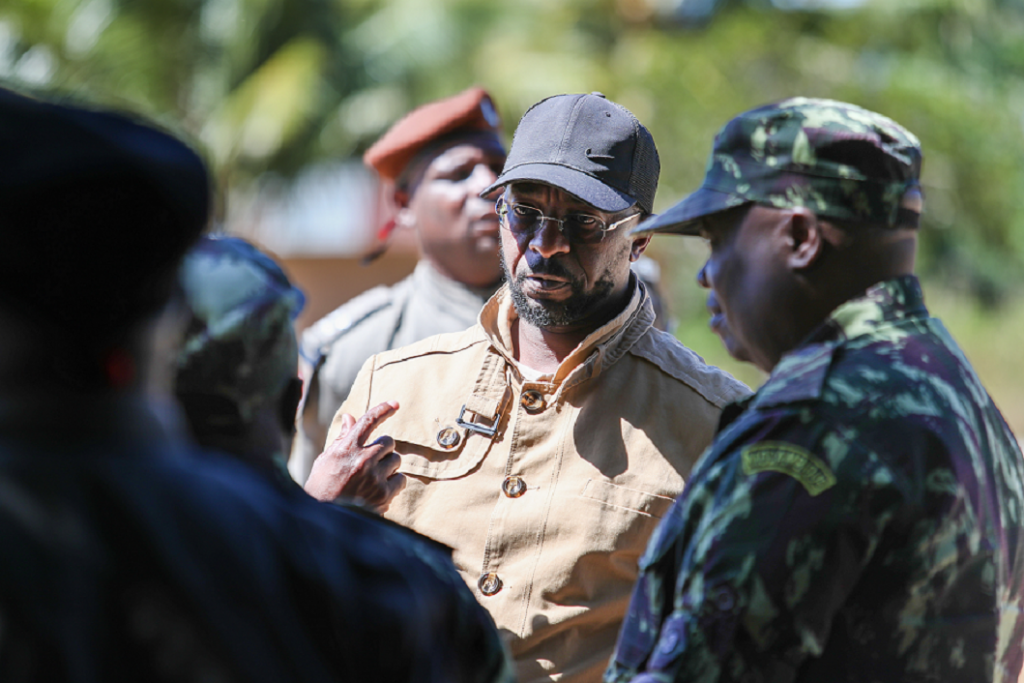
Even today “many people have not returned”, adds Assumane.
Many streets in the interior of the town remain empty and “that’s why we are here”, on the side of the main road, where the movement is centred.
At the head of a delegation of journalists who were invited today by the government to visit the province, Cristóvão Chume stops at the hospital, which has been reactivated.
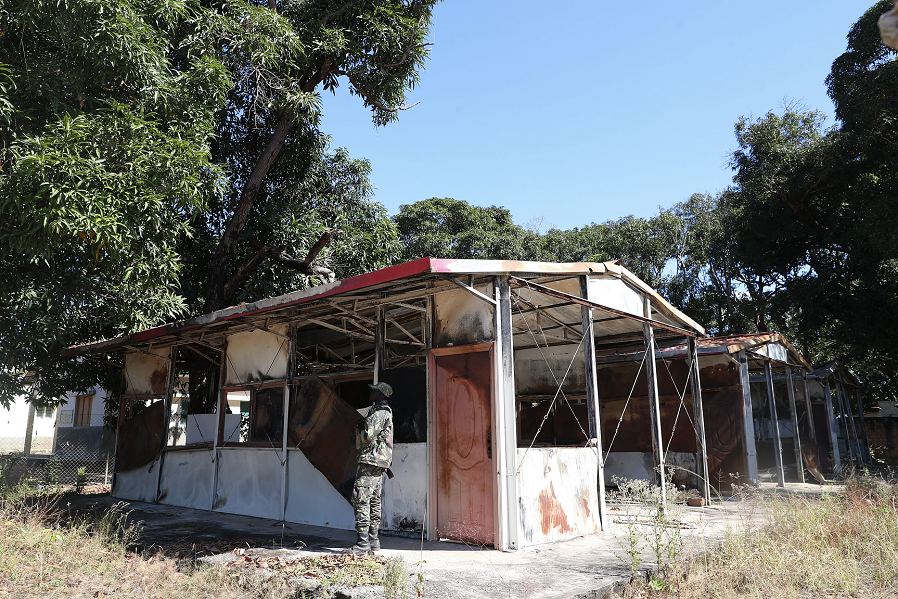
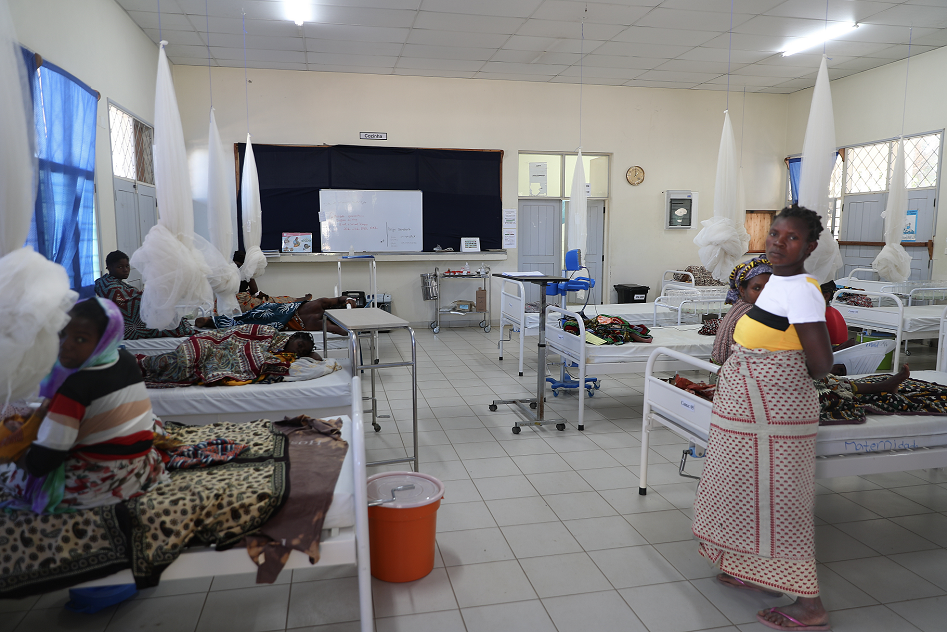
Although many wards are still destroyed, others are working again, such as the maternity ward, which is full in a country where each mother has an average of four to five children.
Further ahead, the construction work on the port of Mocímboa is almost finished and should put the town back on the maritime logistics map in the coming months.
The minister talks to those he meets, recognises that there are still public services to be resumed and points to the reopening as a priority.
On the way back to Palma, the delegation crosses the construction work already underway at TotalEnergies’ gas project – although the project remains officially suspended, at least for a few more months – and passes a market full of vegetables, cornmeal and rice, in contrast to the places they visited earlier.
The gas projects town was resurrected after the March 2021 attack and hopes for permanent peace.
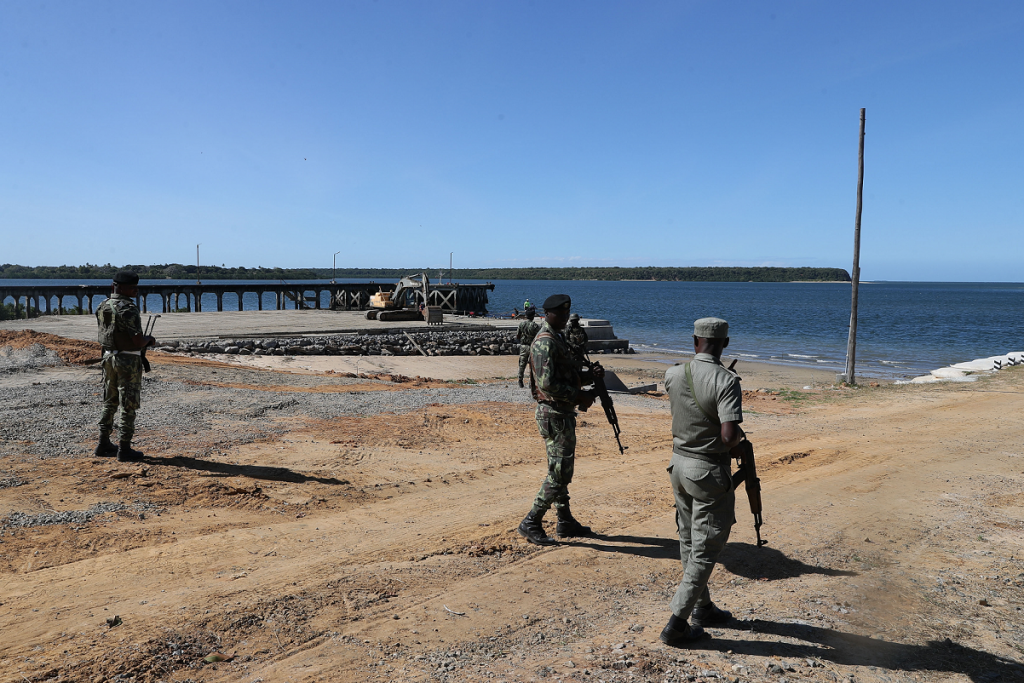







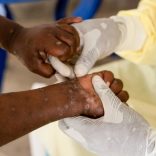




Leave a Reply
Be the First to Comment!
You must be logged in to post a comment.
You must be logged in to post a comment.